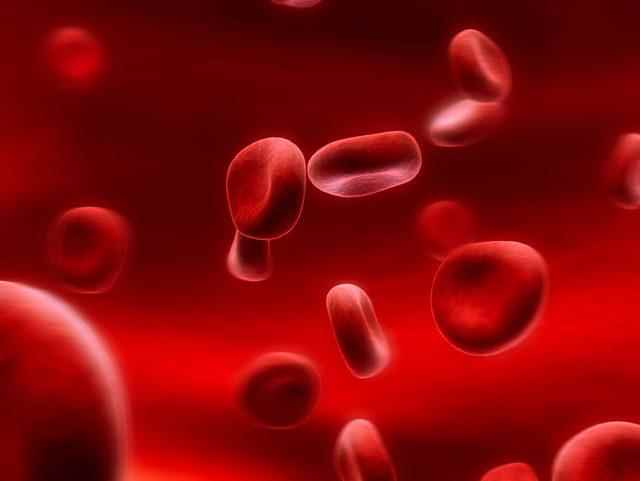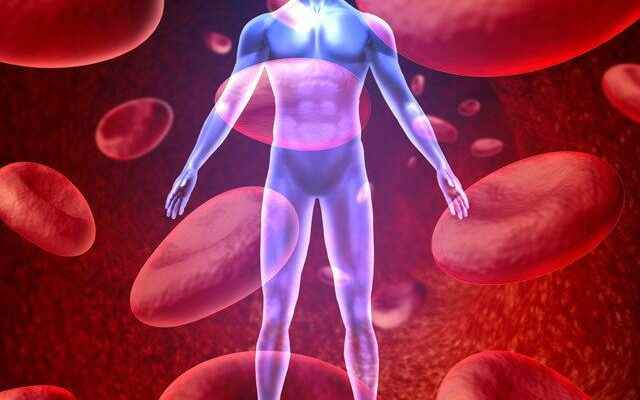Acıbadem Maslak Hospital Hematology Specialist Prof. Dr. Ahmet Öztürk says that thalassemia, which is among the most common hereditary diseases in our country, is passed on to the child due to defective genes from his parents. Drawing attention to the fact that it is possible to give birth to a healthy baby thanks to the developments in medicine and technology and genetic diagnosis, Prof. Dr. Ahmet Öztürk says that the disease can also be treated with stem cell transplantation.
7 MOST ASKED QUESTIONS ABOUT THALASSEMIA
WHAT ARE THE SYMPTOMS OF THALASSEMIA?
Thalassemia, a genetic blood disease caused by defective genes from parents; It manifests itself with symptoms such as severe anemia and, accordingly, extreme weakness, fatigue, apathy, pallor, palpitation and developmental delay. It can also occur with darkening of the skin color and urine color, stones in the gallbladder, liver size, heart failure and disorders in the skeletal system.
WHAT ARE THE RISK ELEMENTS OF THALASSEMIA?
Since thalassemia is an inherited disease, environmental factors do not pose a risk. Stating that children whose parents are carriers of thalassemia are at risk, Prof. Dr. Ahmet Öztürk speaks as follows: “Scientific studies carried out; It shows that as a result of the marriage of two carriers, each child has a 25 percent chance of being born with a disease, a 50 percent chance of being a carrier, and a 25 percent chance of being born normal.”

WHAT IS THE DIFFERENCE OF A thalassemia patient from a thalassemia carrier?
Unlike thalassemia carriers, thalassemia patients require a lifetime of continuous new blood transfusions. So much so that it is impossible for them to survive without receiving new blood every three to four weeks, but they can reach adulthood in this way. People who are carriers of thalassemia do not need a blood transfusion. In thalassemia carriers, a mild anemia and fatigue can be seen as a result. Most carriers have no symptoms, but they learn that they are carriers of thalassemia after the coincidental test.

“I’M THE CARRIER, NOT MY WIFE. WHAT IS THE RISK TO OUR CHILD?”
For the emergence of thalassemia, which is among the most common genetic diseases in our country; Both parents must be carriers. If a beta thalassemia carrier marries a non-carrier, there is a 50 percent chance of being carrier and 50 percent healthy for each child born. In case of carrier, the disease does not occur. However, if one of the parents has a carrier and the other is normal, the child may be a carrier, not a disease. Especially in consanguineous marriages, since the risk of the child being born with a disease is high, these people should definitely have the necessary examinations done before marriage. Thalassemia carriers can have children with normal or in vitro fertilization, provided that they know the risks.

CAN THALASSEMIA BE PREVENTED?
Hematology Specialist Prof. Dr. Ahmet Öztürk said, “Today, thanks to the rapid developments in technology and medicine, it is possible to prevent thalassemia. With the method developed in the light of genetic scientific developments, it is possible for the babies of carrier couples to be born healthy. However, for this, couples must be tested and screened for thalassemia carrier before marriage. If it is determined by genetic diagnosis that the couples have carrier genes that can cause Mediterranean anemia, the probability of their future children to be carriers or diseases can also be calculated.
HOW SHOULD THE LIFE STYLE BE IN thalassemia?
It is important for thalassemia patients to have a healthy diet, just as every person should. However, a special diet is not required. It is necessary to have a blood check once a year. However, it is absolutely necessary not to use vitamins and especially iron without the recommendation of a physician.
IS THERE A DEFINITIVE TREATMENT FOR THALASSEMIA?
Stating that thalassemia is a hereditary disease, there is no drug treatment, Prof. Dr. Ahmet Öztürk says: “Stem Cell Transplantation is the definitive treatment for thalassemia today. If a successful transplant takes place, the patient can continue his life without blood supply and its side effects. If a patient with thalassemia has a sibling whose tissue type is suitable, it can be done with bone marrow transplantation from his sibling. Gene transplant therapy, which continues to be researched today, is not yet applied to patients.
